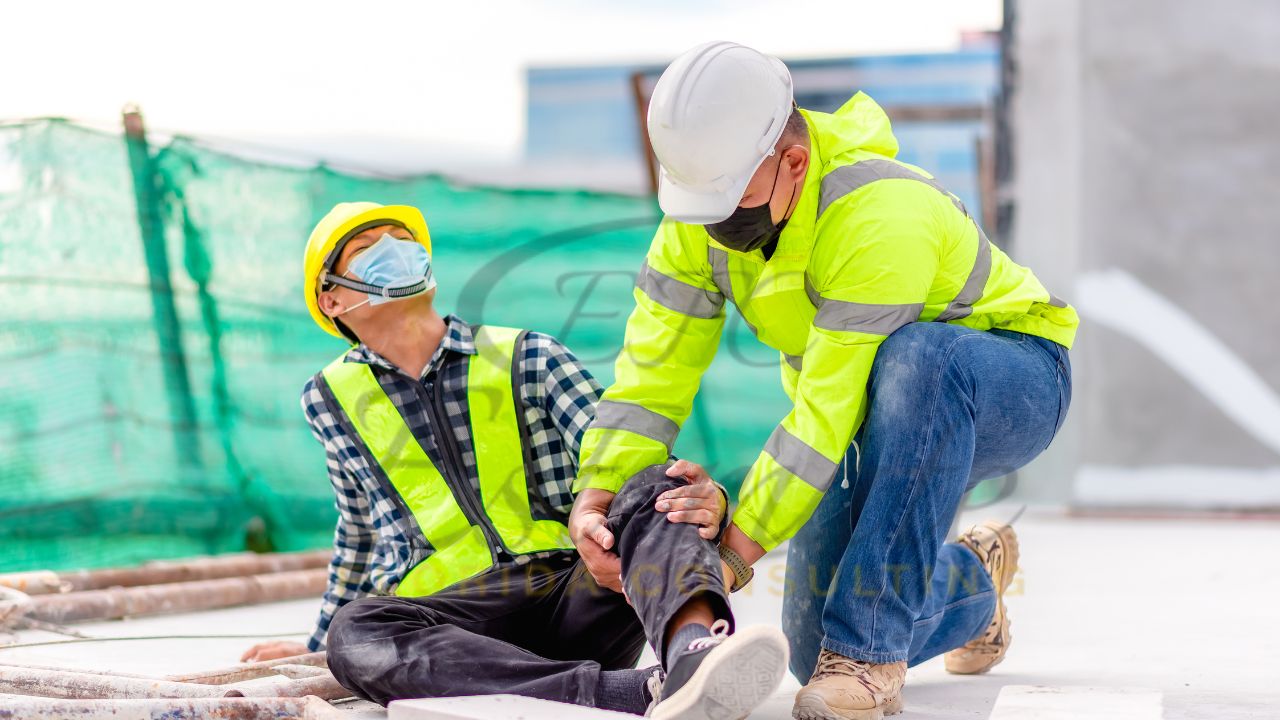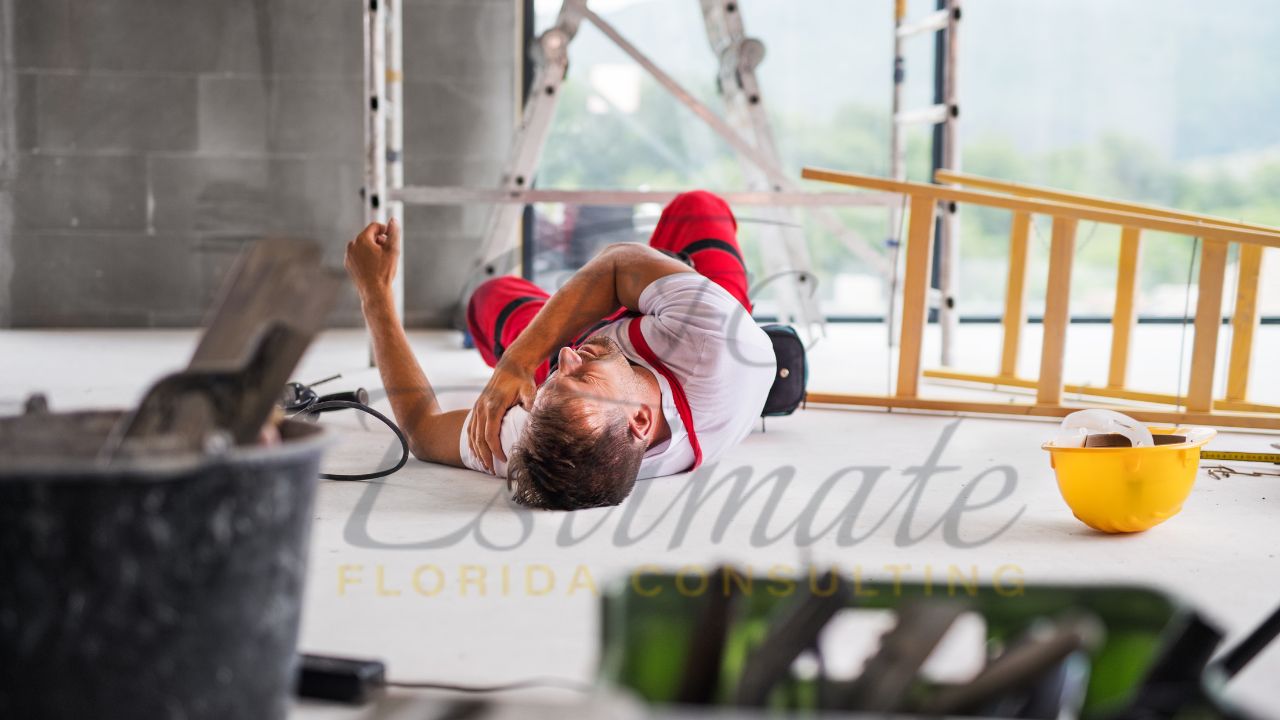Workplace Stroke After a Construction Accident? Here’s What to Do Next
Stroke continues to be an ongoing health crisis in the US. The Centers for Disease Control and Prevention (CDC) say that more than 795,000 people in the United States have strokes every year.
You need to respond fast if you fear someone has had a stroke following a construction accident. You need to recognize early stroke symptoms so you can go to the hospital and prevent matters from becoming worse.
Experiencing a stroke at work may leave the individual completely confused about what to do next. You can call a construction accident attorney near you to be informed of your rights and what legal steps you could take.

Assessing Your Medical Condition and Seeking Immediate Care
In the case of accidents resulting from construction work, immediate medical checking is necessary.
Dizziness and sudden weakness, along with confusion or having difficulty speaking, can be early warning signs of a stroke. You should get yourself to a doctor right away.
You should consult a doctor promptly if you feel anything weird, no matter how tiny or trivial it seems. You should go to the hospital right away since some indicators of a stroke may not show up straight away.
You should always put your health first, especially if you work in construction. If you went to see a doctor, they would write down the accident and any symptoms you had.
Taking action quickly increases your chances of recovery and helps you receive the right care.
Reporting the Incident to Your Employer
Based on the evaluation of your medical condition, it is important to file an immediate report with your employer.
This is for safety and to check if all procedures are being followed correctly. Approach your supervisor or safety officer and explain what happened. Be clear and concise, and give only basic details of what went wrong.
Your employer analyzes the incident and then takes necessary and preventive measures for future occurrences. It is advised that you record the details, including the time and date of your report.
You can either send an email or have somebody report for you if you can’t physically come and inform your lawyer about the accident. Don’t forget that timing is important when reporting about construction accidents.
Documenting the Details of the Accident
You need to start writing down the facts that are important to your case once you tell your boss about the accident.
Document whatever you remember about the incident. Your report should have as many details as possible. Establish a timeline of events, list what tools or materials were utilized, and describe what the weather was like.
Get the names and phone numbers of any witnesses and take images of anything that could help the case. Pictures of the location, hurt workers, or broken equipment might all be good proof for your case. Having these records can provide a significant advantage for your case.
Keep medical records relating to the injury, treatments, and doctor visits, and further update the records with new information where available.
A detailed record would guarantee that your case is clearly presented when it is reviewed in the future.
Understanding Your Rights and Compensation Options
Questions about responsibility and compensation opportunities may be confusing when you are dealing with construction accident claims. As an employee, you have employment rights after a stroke in the workplace and depending on how it occurred, you may have grounds for further legal action.
Report the accident to your employer and keep everything documented. That evidence will help you in making your claim. If your employer has workers’ compensation insurance, you may be able to receive financial assistance.
If someone was careless, you can sue them for damages. A lawyer who knows a lot about workplace accidents will help you make your case stronger.

Knowing your safety allows you to take whatever steps are needed to get the compensation that you deserve.
Following Up on Your Recovery and Rehabilitation Plan
You will need to stick to your recovery and rehabilitation program if you want to be able to go back to work and do other things as you used to. Talking to your health care team on a regular basis will help you get better faster. Changes may come depending on how progress occurs.
Keep a diary on the developments of your symptoms, the challenges, and the improvements. This account will help with explanations of the doctors’ state of affairs. Never hesitate to ask questions and voice concerns during the appointments.
Go for therapy sessions regularly so that you can get well enough to reintegrate into your normal life. An alternative would be joining a support group wherein you will be able to meet people going through the same kinds of things that you are experiencing. Taking expert legal counsel would be critical in getting practical assistance and emotional support.

